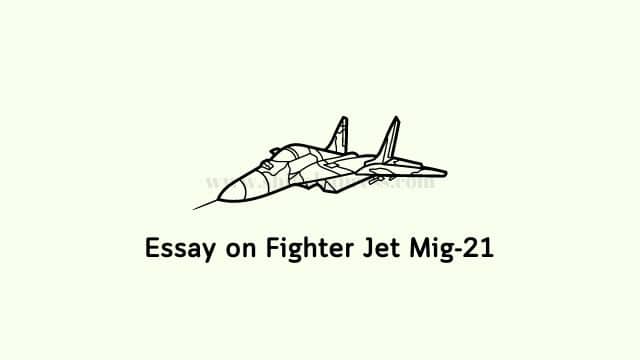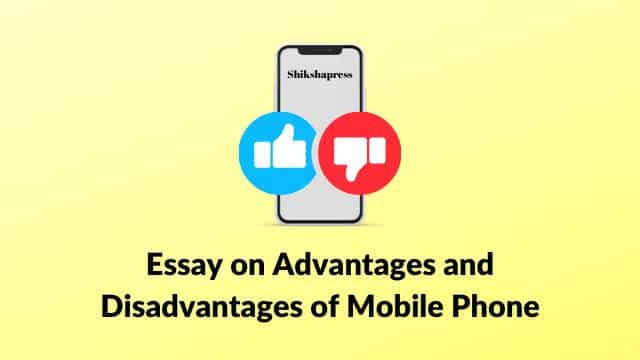Essay on India’s First Prime Minister – Pt. Jawahar Lal Nehru
Pandit Jawaharlal Nehru Essay: Pandit Jawaharlal Nehru, the first Prime Minister of independent India and a famous freedom fighter. Students are often asked to write short notes or essays about Jawaharlal Nehru, and in this post, we provide both a long and short essay on Pt. Jawaharlal Nehru.
Looking for a quick and easy way to learn about an essay on Jawaharlal Nehru. Check out our short essays on Jawaharlal Nehru, ranging from 100 to 300 words in length. Perfect for students in class 5 and 6, these essay cover the life and legacy of India’s first prime minister. Read on to discover more about this iconic figure in Indian history.
Pt. Jawaharlal Nehru: A Leader in India’s Struggle for Independence
Pt. Jawaharlal Nehru, the first Prime Minister of independent India, was one of the most prominent and visionary leaders of India. Pt. Nehru was born on November 14, 1889, in Allahabad, India.
Nehru received his early education at home under private tutors and later went to England to study at Harrow and Cambridge University, where he took his tripos in Natural Sciences. After completing his education, Pt. Jawaharlal Nehru returned to India in 1912 and became associated with the Indian freedom struggle.
Early Political Career of Pandit Jawahar Lal Nehru
Pt. Nehru’s political career began in 1912 when he attended the Bankipore Congress as a delegate. In 1919, he became the Secretary of the Home Rule League, Allahabad. Pt. Jawaharlal Nehru was motivated and influenced by Mahatma Gandhi, whom Pt. Nehru met for the first time in 1916.
Pt. Jawaharlal Nehru organized the first Kisan March in the Pratapgarh District of Uttar Pradesh in 1920 and was twice imprisoned in connection with the Non-Cooperation Movement of 1920-22.
Pt. Nehru became the General Secretary of the All India Congress Committee in September 1923. In 1926, he toured Italy, Switzerland, England, Belgium, Germany and Russia, attending the Congress of Oppressed Nationalities in Brussels and the tenth-anniversary celebrations of the October Socialist Revolution in Moscow.
Nehru played a key role in committing Congress to the goal of Independence at the Madras Congress in 1926. He was lathi-charged in Lucknow in 1928 while leading a procession against the Simon Commission. In 1929, Pt. Nehru was elected President of the Lahore Session for Indian National Congress, At the Session INC decided that their main goal was complete independence for the country.
Imprisonment and International Tours
Pt. Nehru was imprisoned several times during 1930-35 in connection with the Salt Satyagraha and other movements launched by Congress.
He completed his ‘Autobiography’ in Almora Jail on February 14, 1935. After his release, he flew to Switzerland to see his ailing wife and visited London in February-March, 1936.
He also visited Spain in July 1938, when the country was in the throws of a Civil War. Just before the court break of the Second World War, he visited China too.
Quit India Movement and Subsequent Imprisonment
On October 31, 1940, Pt. Nehru was arrested for offering individual Satyagraha to protest against India’s forced participation in the war. He was released along with the other leaders in December 1941.
On August 7, 1942, Nehru moved the historic ‘Quit India’ resolution at the A.I.C.C. session in Bombay. On August 8, 1942, Pt. Nehru was arrested along with other leaders and taken to Ahmednagar Fort. This was his longest and also his last detention. In all, he suffered imprisonment nine times.
| Major Incidents | Description |
|---|---|
| Bankipore Congress | Nehru attended as a delegate (1912) |
| Secretary of Home Rule League | Nehru appointed (1919) |
| Met Mahatma Gandhi | First meeting (1916) |
| Organized first Kisan March | Nehru organized (1920) |
| General Secretary of All India Congress Committee | Nehru appointed (1923) |
| President of Lahore Session | Elected (1929) |
| Imprisoned several times | Jailed for various movements (1930-35) |
| ‘Quit India’ resolution | Moved by Nehru (1942) |
| First Prime Minister of India | Nehru appointed (1947) |
| Contributed to India’s economic modernization | Nehru’s policies played a key role in the post-independence era |
Post-Independence Political Career
After India gained independence in 1947, Pt. Nehru became the first Prime Minister of India. He served in this capacity until his death in 1964. Nehru’s policies of industrialisation and economic modernisation played a key role in shaping India’s development after post-independence.
Conclusion: Pt. Jawaharlal Nehru was one of the most prominent, visionary and primary leaders of India’s freedom struggle. He dedicated his life to the cause of India’s independence and played a key role in shaping the country’s future. His contributions to India’s development as its first Prime Minister continue to be remembered and celebrated to this day.
Major Incidents in the Life of Jawaharlal Nehru
| Incident | Year |
|---|---|
| Attended Bankipore Congress as a delegate | 1912 |
| Became Secretary of Home Rule League | 1919 |
| Organized first Kisan March | 1920 |
| Imprisoned for Non-Cooperation Movement | 1920-22 |
| Became General Secretary of All India Congress Committee | 1923 |
| Attended Congress of Oppressed Nationalities in Brussels | 1926 |
| Elected President of Lahore Session of Indian National Congress | 1929 |
| Imprisoned for Salt Satyagraha | 1930-35 |
| Completed “Autobiography” in Almora Jail | 1935 |
| Arrested for offering individual Satyagraha | 1940 |
| Moved “Quit India” resolution at A.I.C.C. session in Bombay | 1942 |
| Became first Prime Minister of India | 1947 |
| Died | 1964 |
Click Here to Read 10 Lines Essay on Jawahar Lal Nehru
In the above post, Students can read the Jawaharlal Nehru essay 150 words. Students can also make short essays on jawaharlal nehru from the above Post.
Topics Covered in the post are an Essay on jawaharlal nehru for class 5, an essay on jawaharlal nehru 300 words and an essay on jawaharlal nehru 200 words essay on jawaharlal nehru and also 100 words essay on jawaharlal nehru for class 6 students of CBSE, ICSE and State Board.
Read These Too:
- Children’s Day 14 November Bal Diwas Quiz for Students
- 10 Lines Essay on Jawahar Lal Nehru in English
- GK Questions and Answers on Jawaharlal Nehru
- General Knowledge GK Questions and Answers on Jawaharlal Nehru
CBSE Sample Papers | CBSE Circulars | Quizzes | Study Material
Join our Premium Telegram and Whatsapp Channel for More News and Updates
For the Latest Educational News (CBSE, ICSE, and State Board News) and live news updates, like us on Facebook or follow us on Twitter and Join our Premium Telegram Channel. Read more on Latest Exams & Results News on Shikshapress.com.






